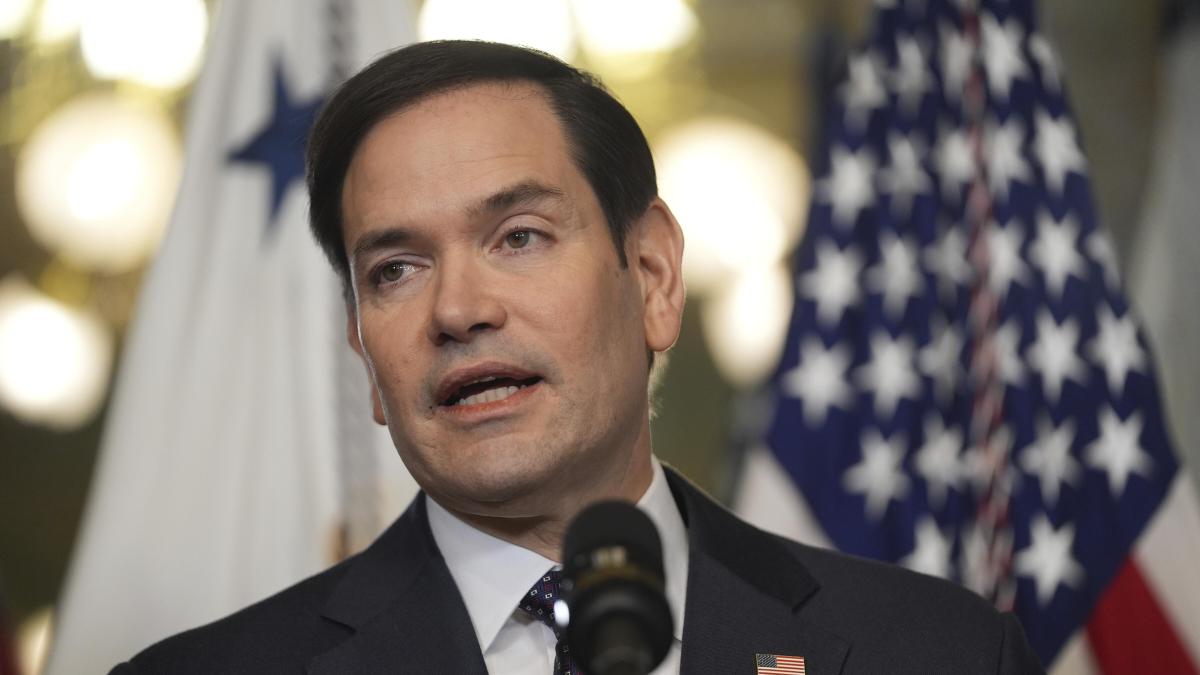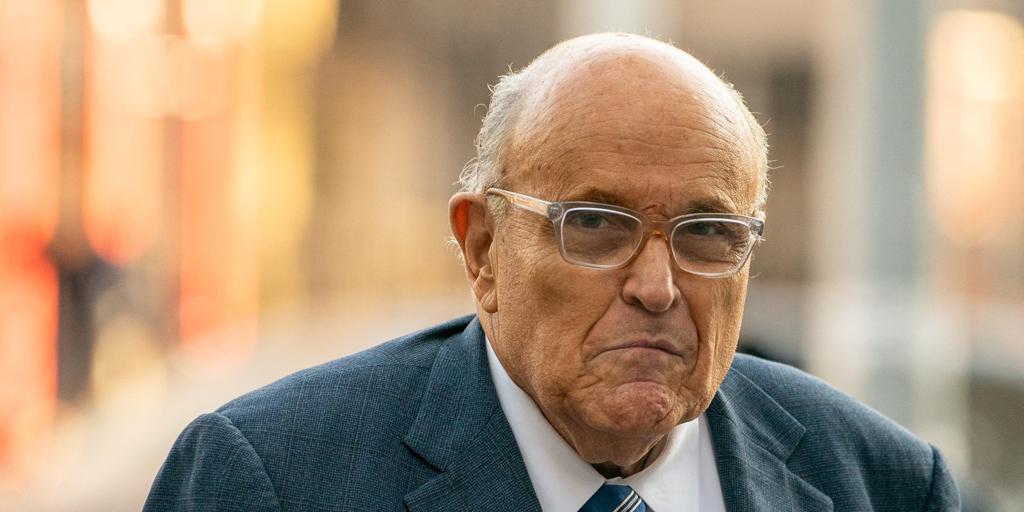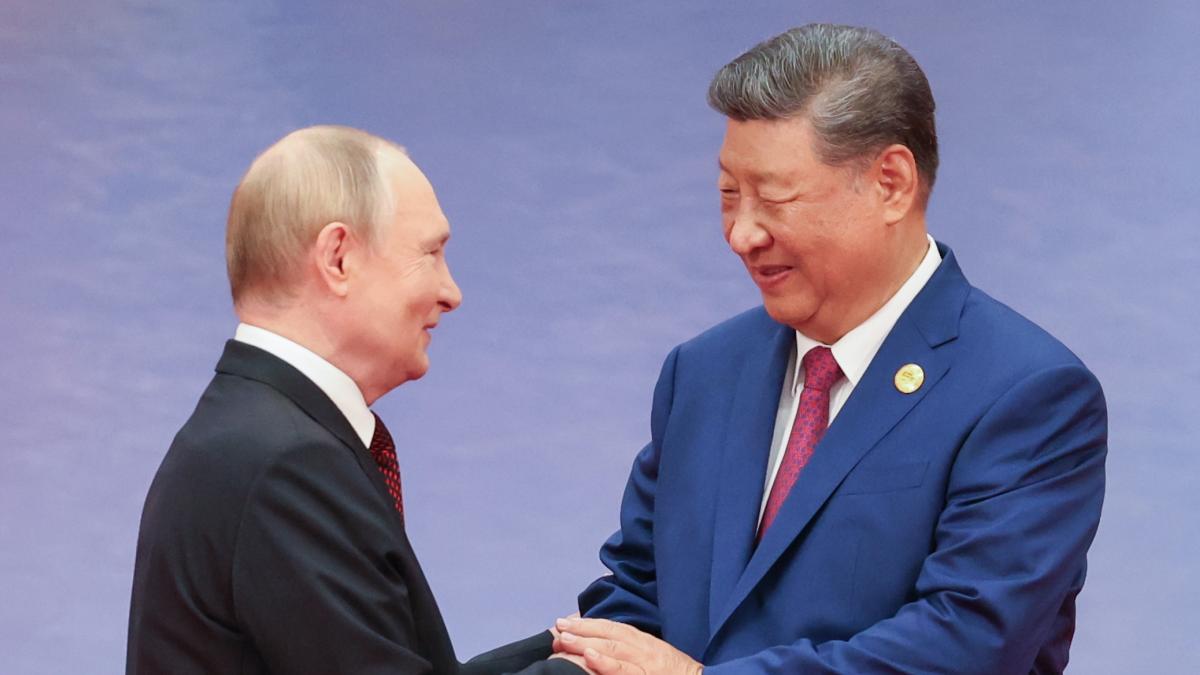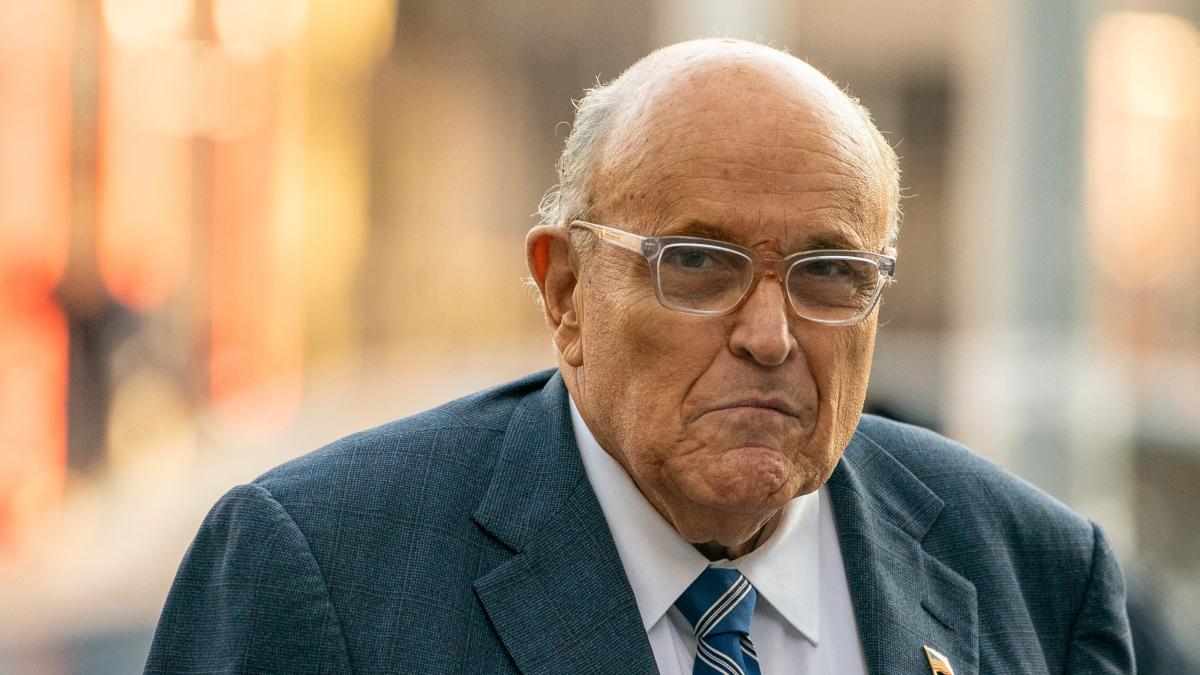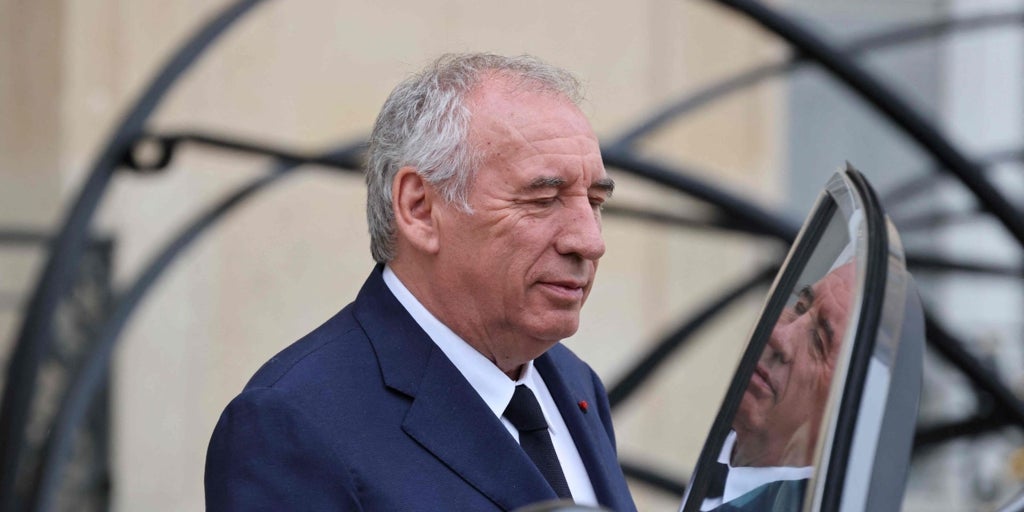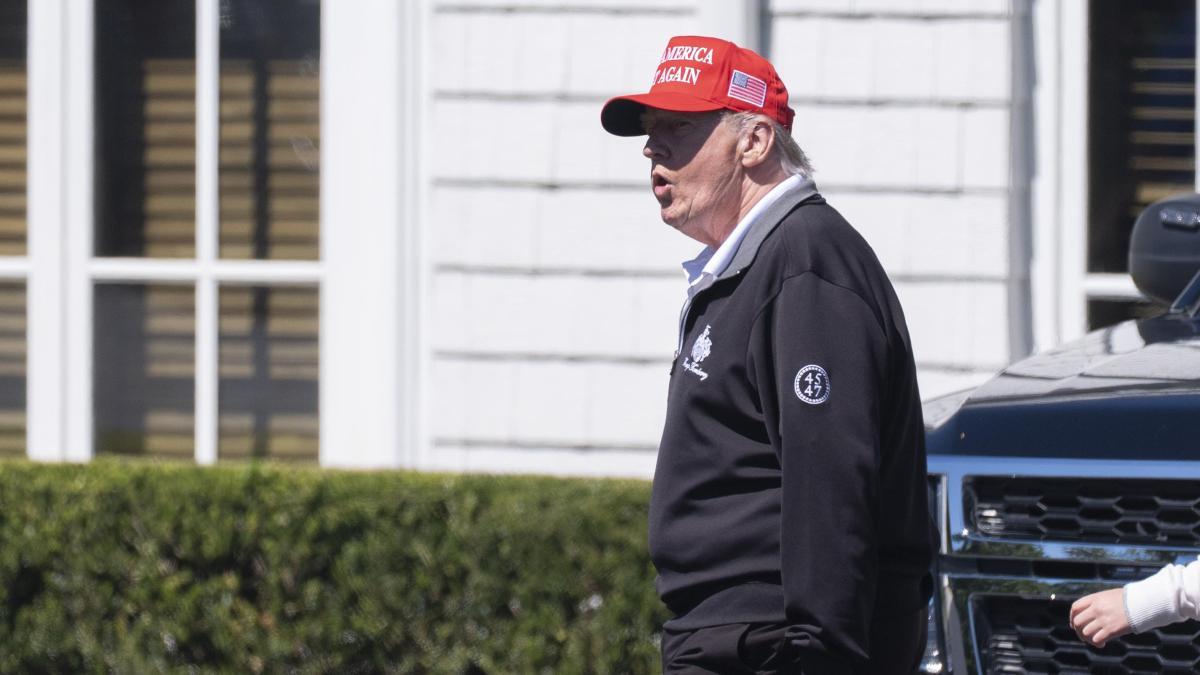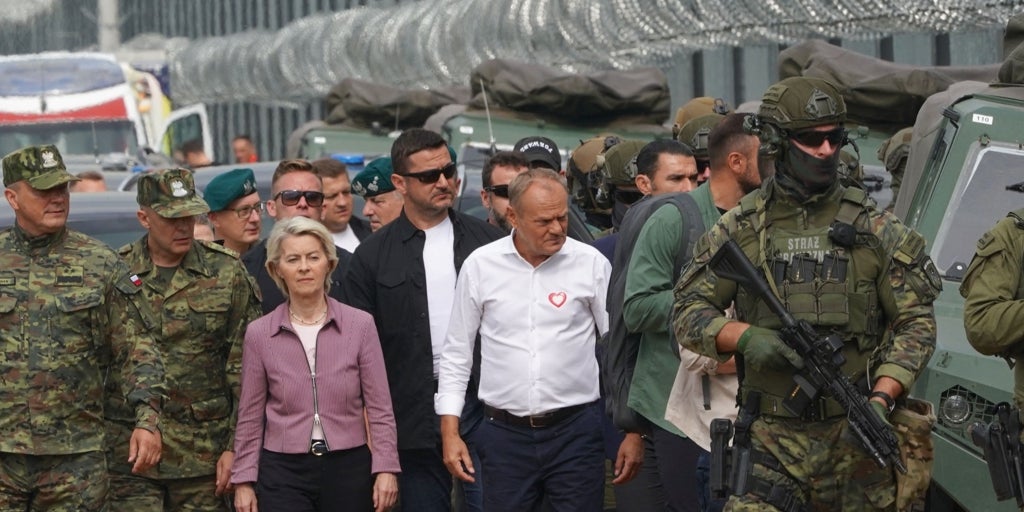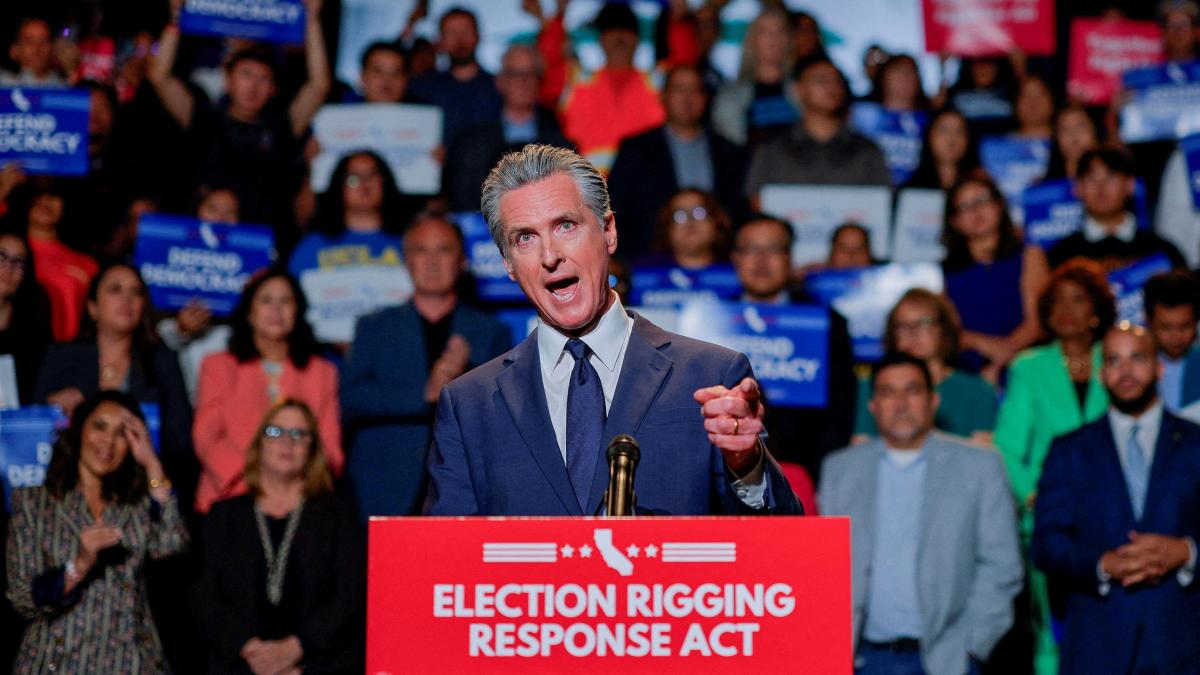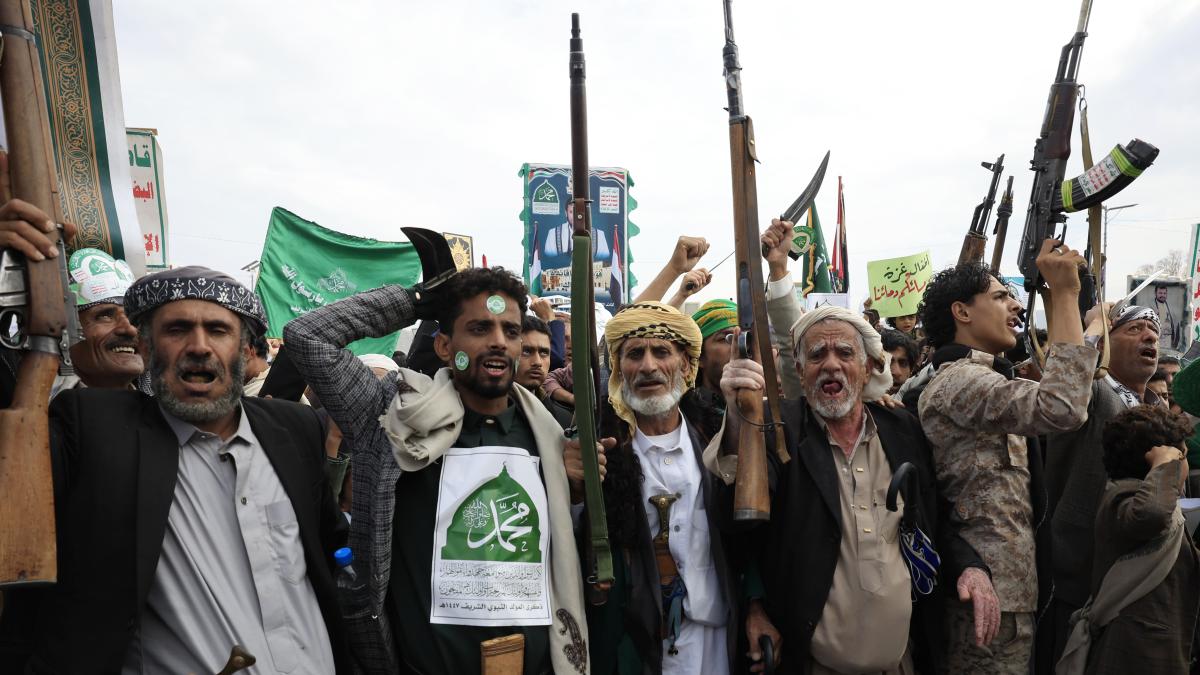“`html
America First: Rubio Freezes Foreign Aid—Is Isolationism Back?
In a bold move that echoes the America First mantra of former President Donald Trump, newly appointed Secretary of State Marco Rubio has taken a decisive stand. The United States has effectively frozen nearly all foreign military and humanitarian aid for a period of 90 days. This alarming decision is set to shift the landscape of U.S. diplomacy, raising questions about the future of global alliances.
Rubio’s sweeping order, detailed in a Friday memo sent to all diplomatic posts, highlights the new administration’s commitment to a more isolationist policy. As CNN reported, this freeze could adversely affect America’s humanitarian efforts worldwide, as the U.S. has been the leading global donor of humanitarian aid, distributing roughly $72 billion last fiscal year alone.
“This is simply a demolition ball,” warned Jeremy Konyndyk, a former USAID official, showcasing the grave implications of this drastic measure.
Exemptions? Only for Allies—But What About the Rest?
The order does make exceptions for emergency food aid and military financing for key allies like Israel and Egypt, suggesting that while America is retreating from its role as a global leader, it is still prioritizing those nations that share its geopolitical interests. However, glaring omissions such as Ukraine leave many allies wondering where they stand under the Trump Doctrine.
Republicans in Congress have long criticized foreign aid expenditures, especially during the last two years when a staggering $180 billion was allocated to military and humanitarian assistance to Kyiv. Yet, this funding is mere pocket change compared to the overall federal budget and could seriously jeopardize U.S. involvement in the ongoing conflict with Russia.
What This Means for Europe and America’s Global Standing
The ramifications of this freeze extend far beyond the immediate financial impact. According to ANSA, the American military presence in Europe could soon see a reduction of approximately 20,000 soldiers. This is not just a troop withdrawal; it’s a sign that America might be pulling back from its commitments to defend its allies, a move that echoes Trump’s previous threats to NATO countries.
The Trump administration has demanded that European allies significantly boost their military spending—up to a jaw-dropping 5% of GDP. Meanwhile, as the U.S. contemplates reducing its troop levels, there is a risk that nations feeling abandoned may turn to alternative partners like China. The message is clear: America’s allies must step up or prepare for a new reality.
“If the U.S. retreats, it leaves a dangerous vacuum,” analysts argue, highlighting the risks of diminished American influence globally.
“`

